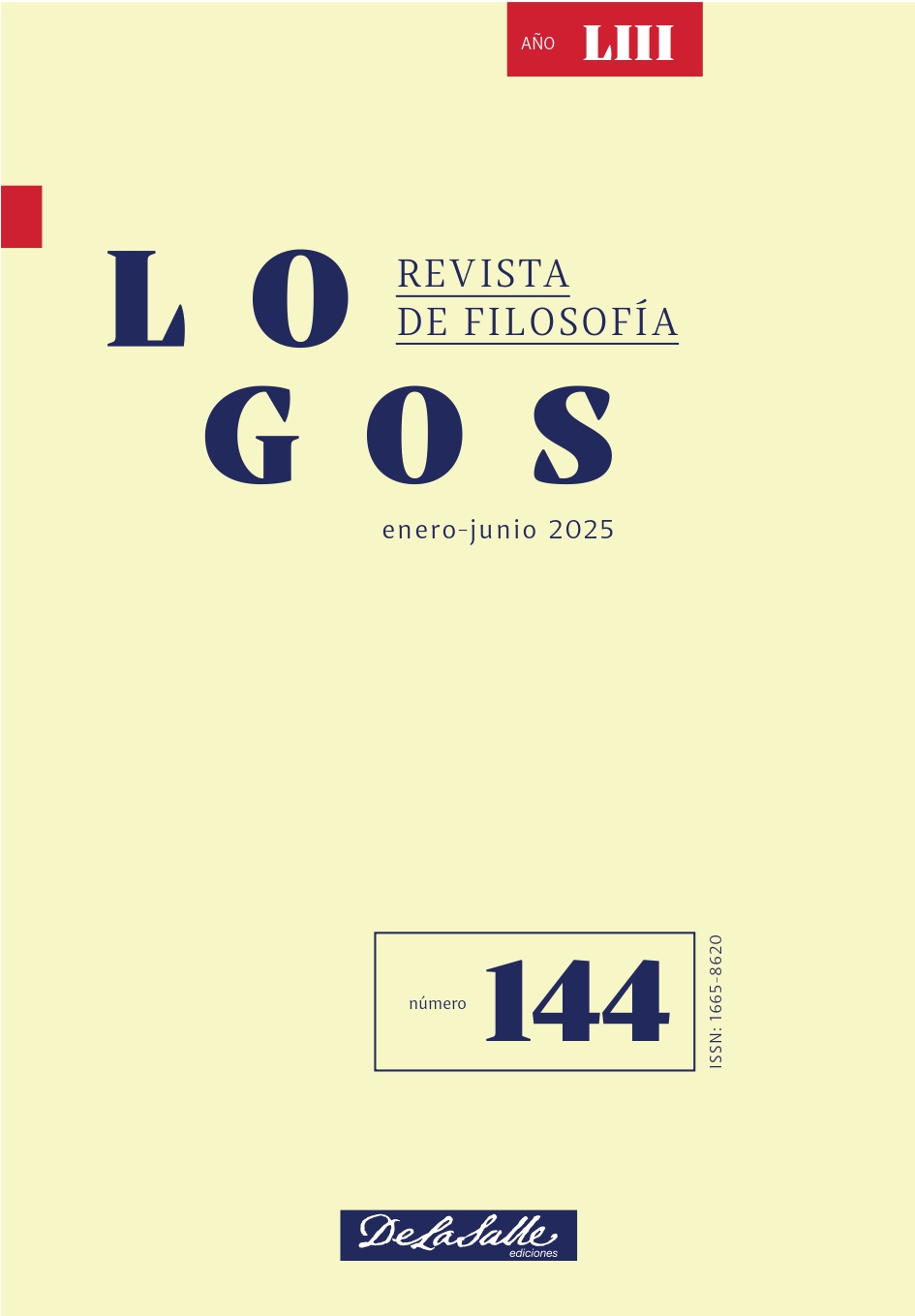From biopower to the reification of life during the COVID-19 pandemic: a critique of the ideology of the glorification of life in the face of its actual destruction
DOI:
https://doi.org/10.26457/lrf.v53i144.4476Keywords:
Vida, biopolítica, racismo, pandemia, Covid-19Abstract
This article analyzes the conceptualizations of human life in the tradition of Western philosophical thought, aiming to provide interpretative tools in the context of the COVID-19 pandemic. It examines the classical and modern paradigms of life to understand Michel Foucault's biopolitical framework, highlighting its insufficiency in explaining the systematic destruction of some lives during the pandemic. A Marxist perspective to address these shortcomings is proposed, revealing how capitalist logic reifies human life, exposing it to exploitation and destruction. The research centers on a key contradiction in our society: how can power, instituted to protect life, simultaneously legitimize its capacity to administer death?
Downloads
References
Agamben, Giorgio. Homo sacer: El poder soberano y la vida desnuda. Argentina: Adriana Hidalgo editora, 2018.
Arendt, Hannah. La condición humana. Barcelona: Paidós, 2011.
Aristóteles. Política. Madrid: Gredos, 2008.
Bobbio, Norberto. “El estado de naturaleza, la sociedad civil y el estado racional”. Revista Mexicana de Ciencias Políticas y Sociales 28, n.o 110 (1982): 157-198.
— “El modelo iusnaturalista”. En Sociedad y Estado en la filosofía política moderna. Editado por Norberto Bobbio y Michelangelo Bovero. Ciudad de México: Fondo de Cultura Económica, 1986.
De la Peña Ponce de León, Elisa. La libertad en Aristóteles. Ciudad de México: Universidad Nacional Autónoma de México, 2024.
Esposito, Roberto. Inmunidad común: Biopolítica en la época de la pandemia. Barcelona: Herder, 2023.
Fassi, Didier. “The moral economy of life in the pandemic”. En Pandemic Exposures, Economy and Society in the Time of Coronavirus, 155-175. Editado por Didier Fassin y Marion Fourcade. Chicago: Hau Books, 2021.
Foucault, Michel. Defender la sociedad: Curso en el Collège de France (1975-1976). México: Fondo de Cultura Económica, 2006
Heyd, David. “Hobbes on Capital Punishment”. History of Philosophy Quarterly 8, n.o 2 (1991): 119-134. http://www.jstor.org/stable/27743969
Hobbes, Thomas. Leviatán: O la materia, forma y poder de una república eclesiástica y civil. México: Fondo de Cultura Económica, 2012.
Ibarra-Nava, Ismael, Kathia G. Flores-Rodríguez, Violeta Ruiz-Herrera, Hilda C. Ochoa-Bayona, Alfonso Salinas-Zertuche, Magaly Padilla-Orozco y Raul G. Salazar-Montalvo. “Ethnic disparities in COVID-19 mortality in Mexico: A cross-sectional study based on national data”. PLoS One, 16, n.o 3 (2021): 1-10. https://doi.org/10.1371/journal.pone.0239168
Locke, John. Segundo tratado sobre el gobierno civil. Madrid: Alianza, 2022.
Marx, Karl. El capital. Ciudad de México: Siglo XXI, 2010.
— Manuscritos de París. Madrid: Gredos, 2014.
Pawlowska, Agata. “Lo que ocultan las representaciones sísmicas de la pandemia de covid-19: Una crítica de la ontología dualista desde la perspectiva de la teoría crítica”. Isegoría. Revista de Filosofía Moral y Política, n.o 71, (2024). https://doi.org/10.3989/isegoria.2024.71.1423
Platón. República. Madrid: Gredos, 2008.
Spinoza, Baruch. Ética. Madrid: Gredos, 2011.
Zack, Naomi. The American Tragedy of COVID: Social and Political Crises of 2020. Lanham: Rowman and Littlefield, 2020.
Downloads
Published
Versions
- 2025-11-17 (2)
- 2025-04-01 (1)


